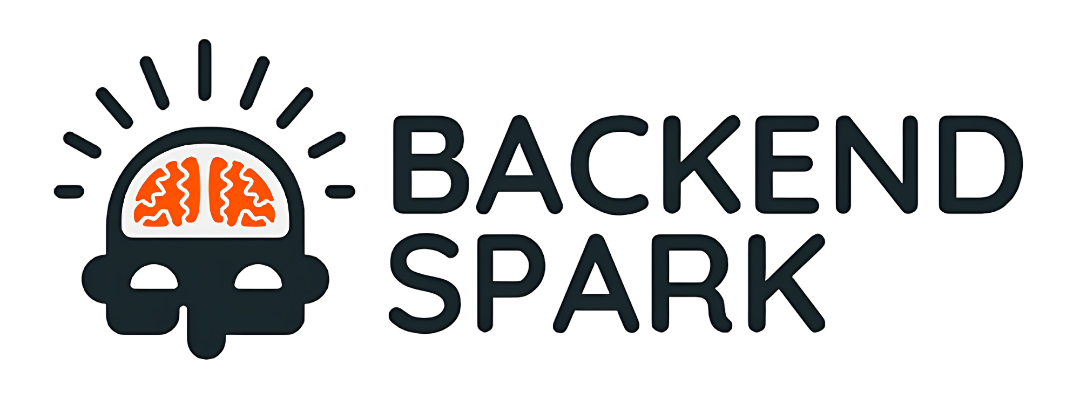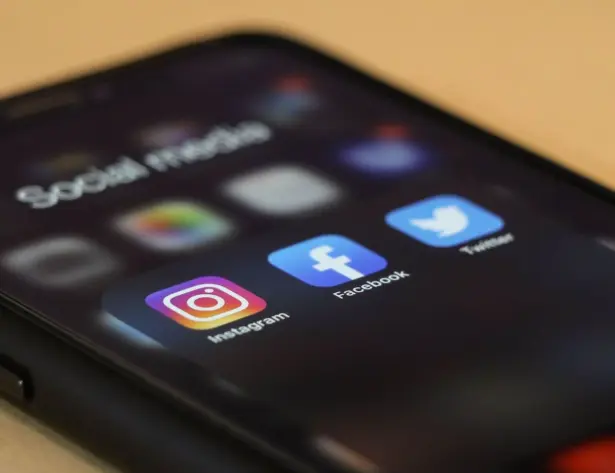Call us: +919818519160
In today’s digital-first world, it’s easy to get swept up in the social media wave. Platforms like Instagram, Facebook, LinkedIn, and TikTok have transformed how brands engage with their audiences. However, as promising as these platforms seem, they come with their own set of drawbacks. In this article, we’ll dive deep into the limitations of social media in business promotion, uncovering the risks, constraints, and missed opportunities businesses face when overly reliant on these platforms.
Bonus Insight: If you’re planning a full-scale digital strategy, don’t miss our guide on what every business owner should know before hiring a web design agency.
Table of Contents
1. Limited Organic Reach
One of the most significant limitations of social media in business promotion is the decreasing organic reach. Algorithms constantly change, making it increasingly difficult for your posts to be seen without paid promotion. A well-crafted post might only reach 2-5% of your followers organically, which drastically limits your visibility unless you pay to boost your content.
2. Dependency on Algorithm Changes
Social media platforms operate under dynamic algorithms that determine what content users see. These algorithms can change overnight, leaving businesses scrambling to adapt. Your marketing strategy becomes vulnerable to these changes, and a campaign that worked last month may flop today—making long-term planning unreliable.
If you’re looking for a stable foundation for your brand presence, learn why a website is an asset, not a liability.
3. Lack of Ownership and Control
When you build your business around social media, you don’t own your content, followers, or data. The platform owns everything. This lack of ownership is a major limitation of social media in business promotion, especially if your account gets suspended or deleted. In contrast, having your own website gives you full control over your brand’s digital assets.
4. Shallow Engagement
Social media engagement is often superficial—likes, emojis, and brief comments. While this can boost visibility, it rarely translates into deep customer relationships or conversions. Businesses need platforms that allow meaningful interaction, like personalized email campaigns or long-form blog content on their websites.
5. High Competition and Noise
Everyone is on social media. That means your brand is constantly competing for attention against a flood of content. Even niche businesses struggle to stand out. This saturation is one of the pressing limitations of social media in business promotion—you’re shouting in a crowded room.
6. Short Content Lifespan
Posts on platforms like Twitter and Instagram have a very short lifespan—often just a few hours. After that, they get buried under newer content. This makes it difficult to build lasting impact. Blog posts and evergreen content on your website, however, can continue driving traffic for years.
For content that works long-term, explore how we build SEO-optimized websites using WordPress tailored to your brand.
7. Limited Analytics and Data Depth
Social media platforms offer basic analytics, but they often lack depth and customization. You get surface-level insights like impressions or likes, but not always the full story on user behavior or conversion pathways. With tools like Google Analytics installed on your own site, you gain far more actionable data.
8. Risk of Negative Publicity
Social media is a double-edged sword. One wrong post, misunderstood comment, or negative customer review can go viral, damaging your reputation overnight. The open and fast-paced nature of social media makes crisis management more difficult and public-facing than other platforms.
9. Pay-to-Play Model
While social media used to be a free marketing channel, today it’s largely pay-to-play. Promoted posts, influencer partnerships, and ad campaigns are necessary to see meaningful results. For small businesses with limited budgets, this makes scaling difficult and unpredictable.
10. Inconsistent Branding Opportunities
Social media platforms come with design restrictions. Your brand is confined to the platform’s templates, layout, and formatting rules. Unlike a custom website, where you control the entire user experience—from visuals to navigation—social media limits creative branding and storytelling.
So, What’s the Solution?
While social media should certainly be a part of your marketing strategy, it cannot be the foundation. The many limitations of social media in business promotion make it clear that relying solely on platforms like Instagram or Facebook is risky and short-sighted.
Here’s what businesses should do instead:
- Invest in a strong website as your central hub (see our homepage for examples).
- Create blog content that educates and drives SEO traffic over time.
- Build an email list to establish direct communication with your audience.
- Use social media as a funnel, not the destination.
- Own your data through platforms you control.
Final Thoughts
Social media is fast, trendy, and accessible—but it’s not without pitfalls. The limitations of social media in business promotion should serve as a wake-up call for brands to diversify their digital strategy. True growth and stability come from platforms you own, content that lasts, and strategies that evolve with your business—not with the whims of an algorithm.
Want help building your business website?
At Backend Spark, we specialize in creating affordable, SEO-optimized WordPress websites tailored to your brand. Let’s transform your digital presence into your greatest business asset.
I hope you enjoy this post, and if you want to receive future updates, please follow Backend Spark on Facebook and Instagram.

